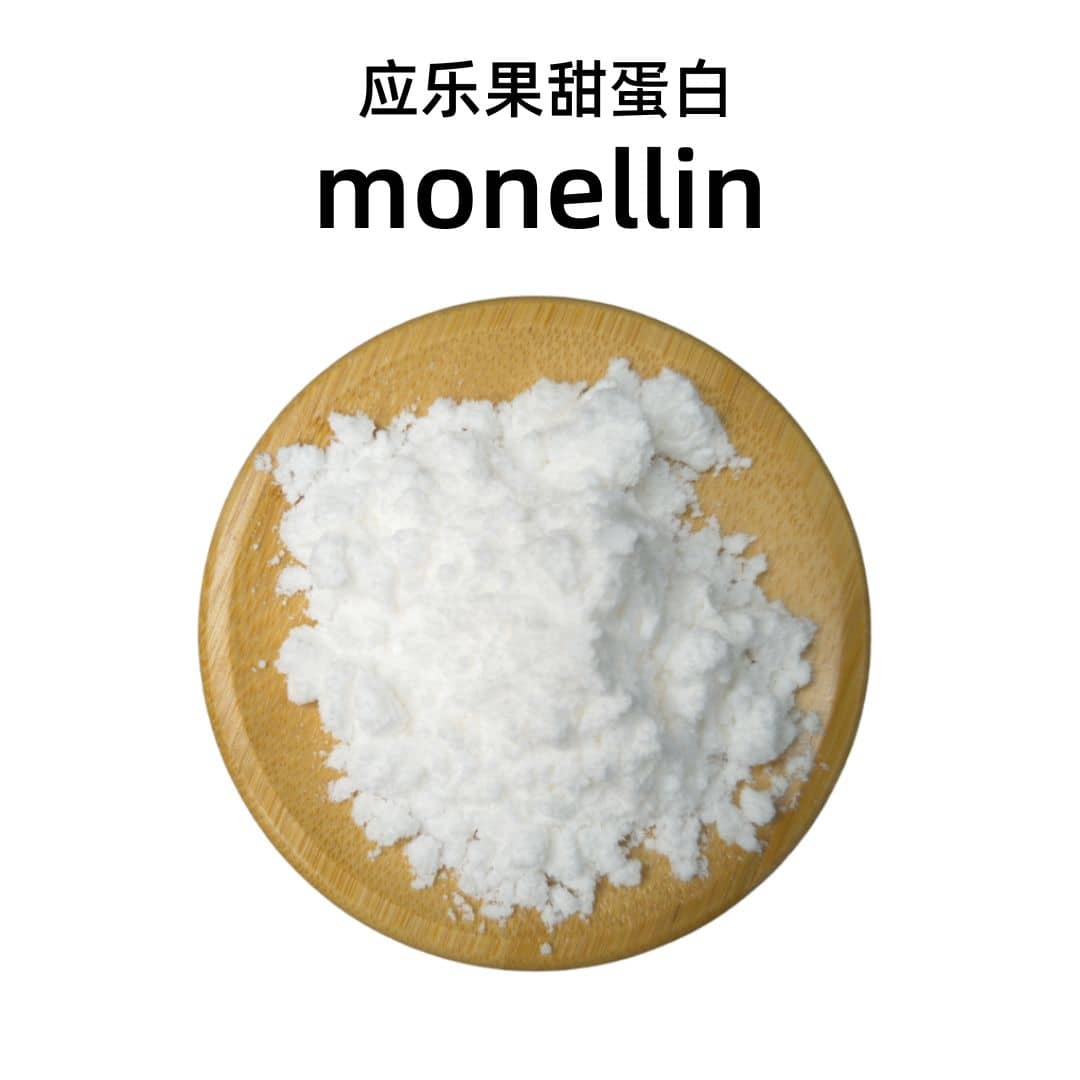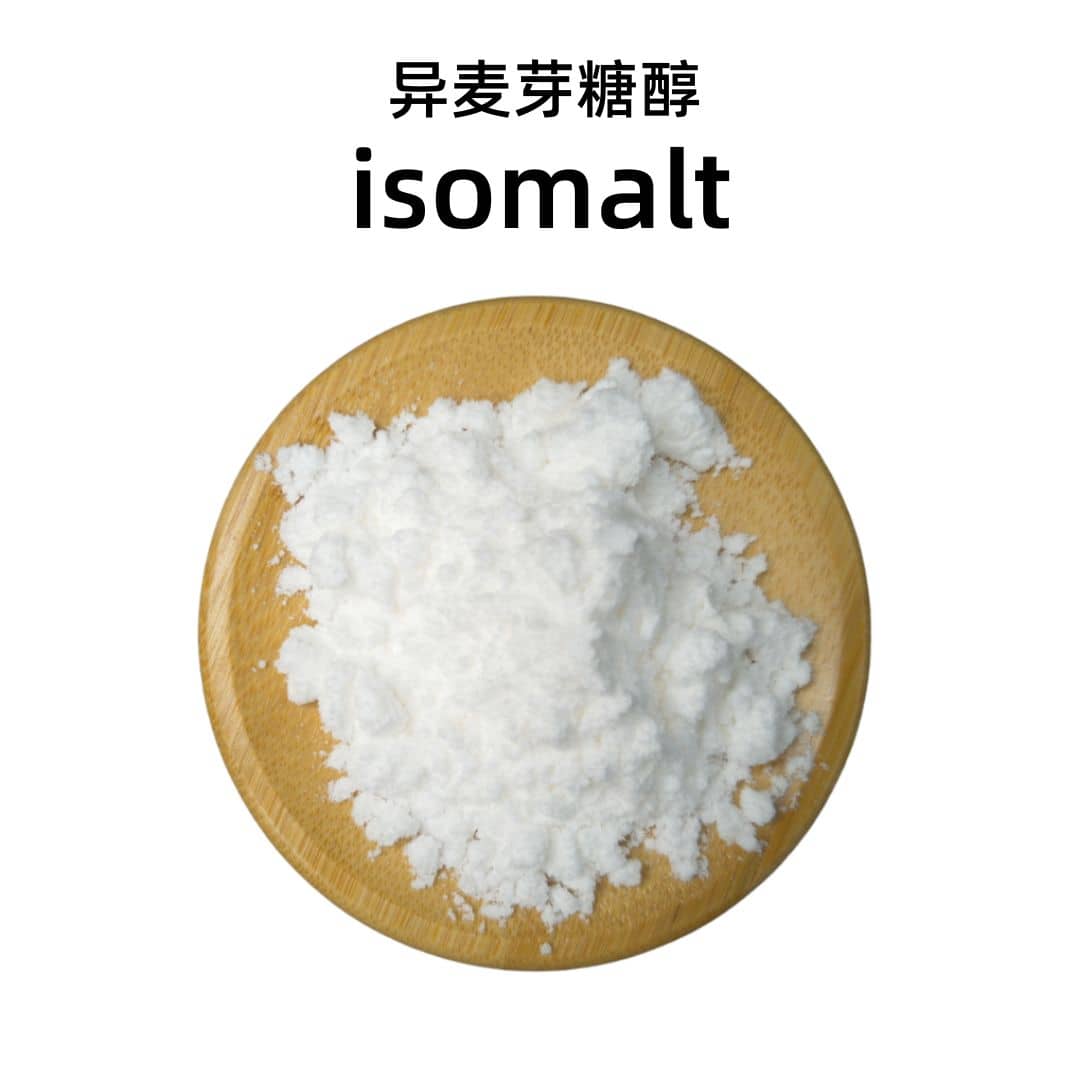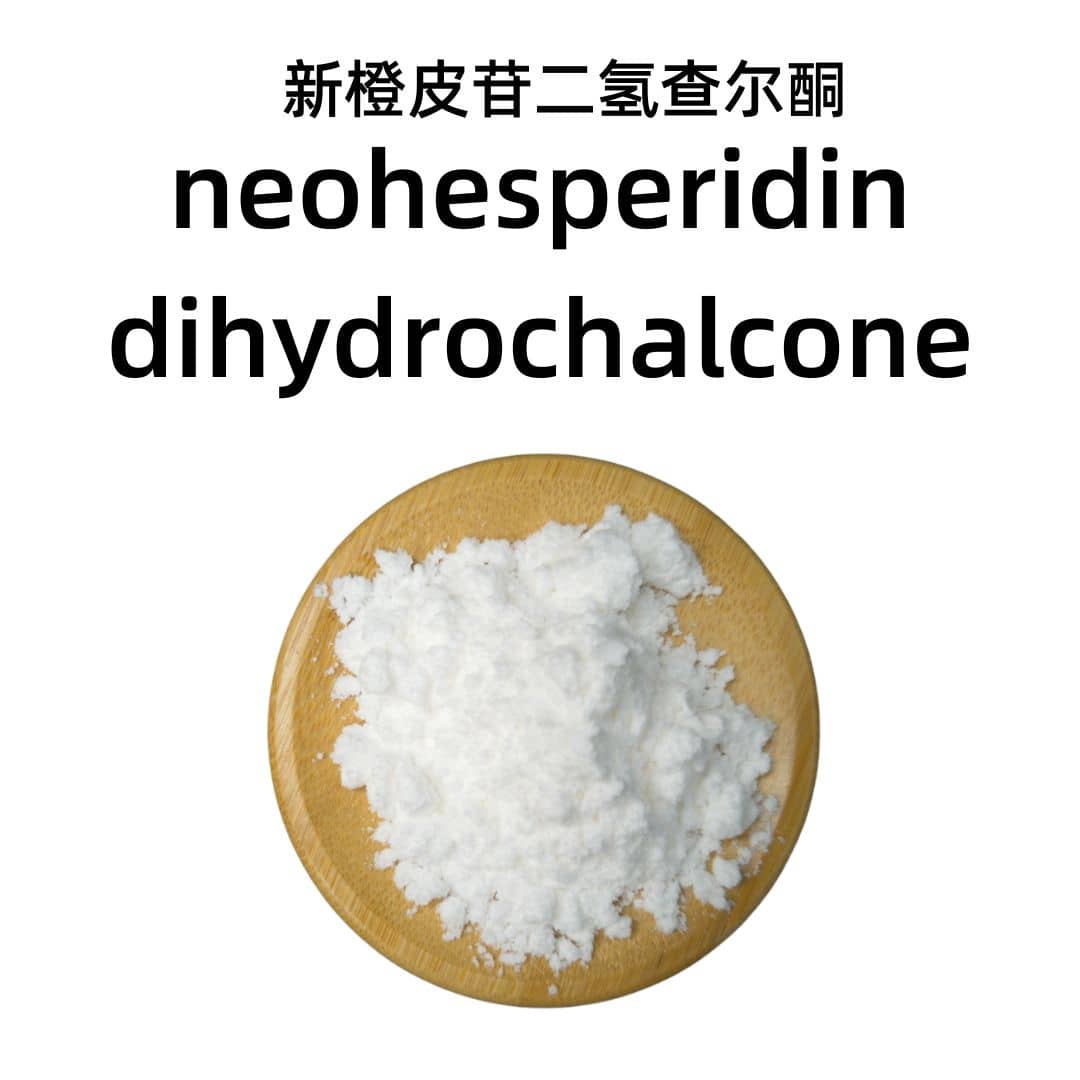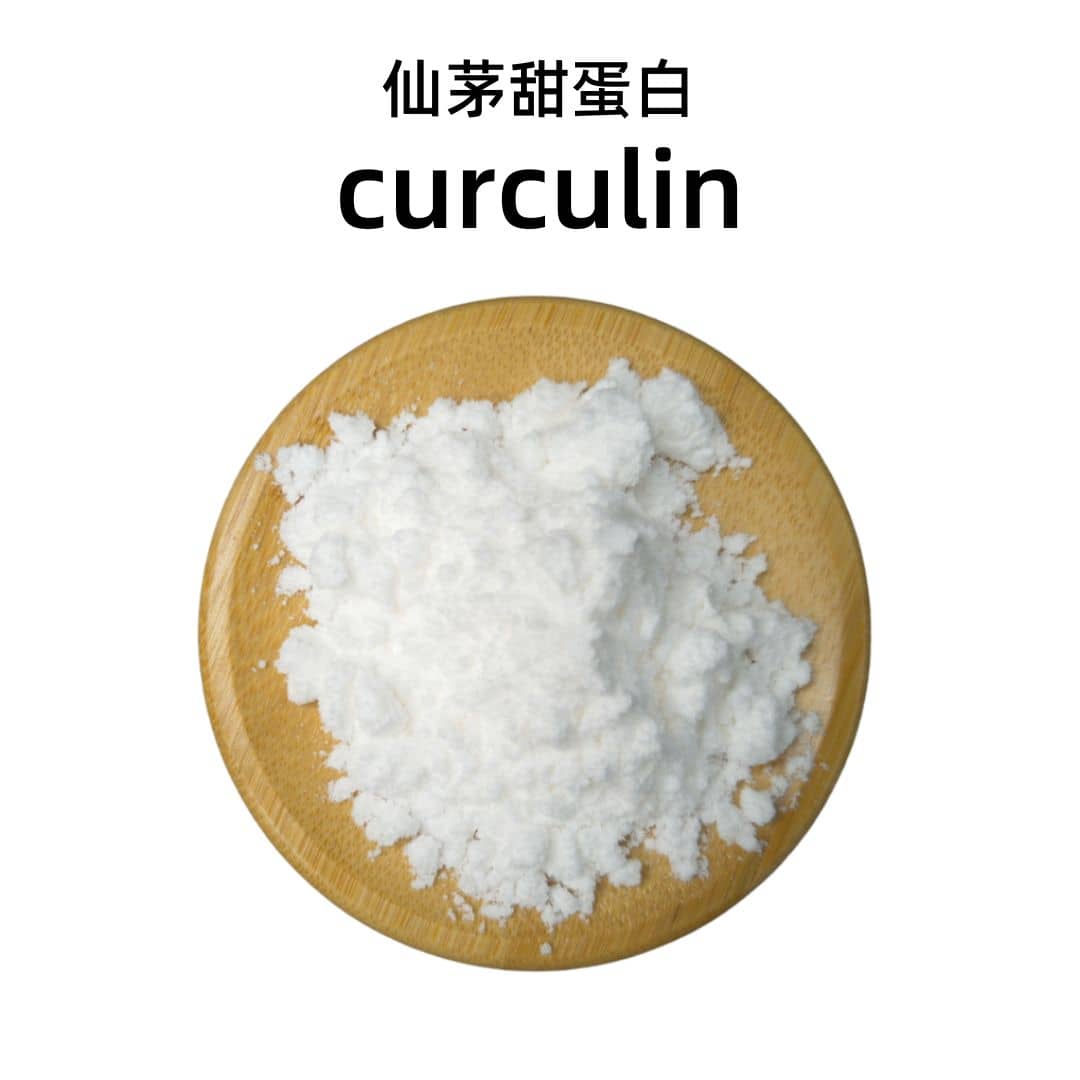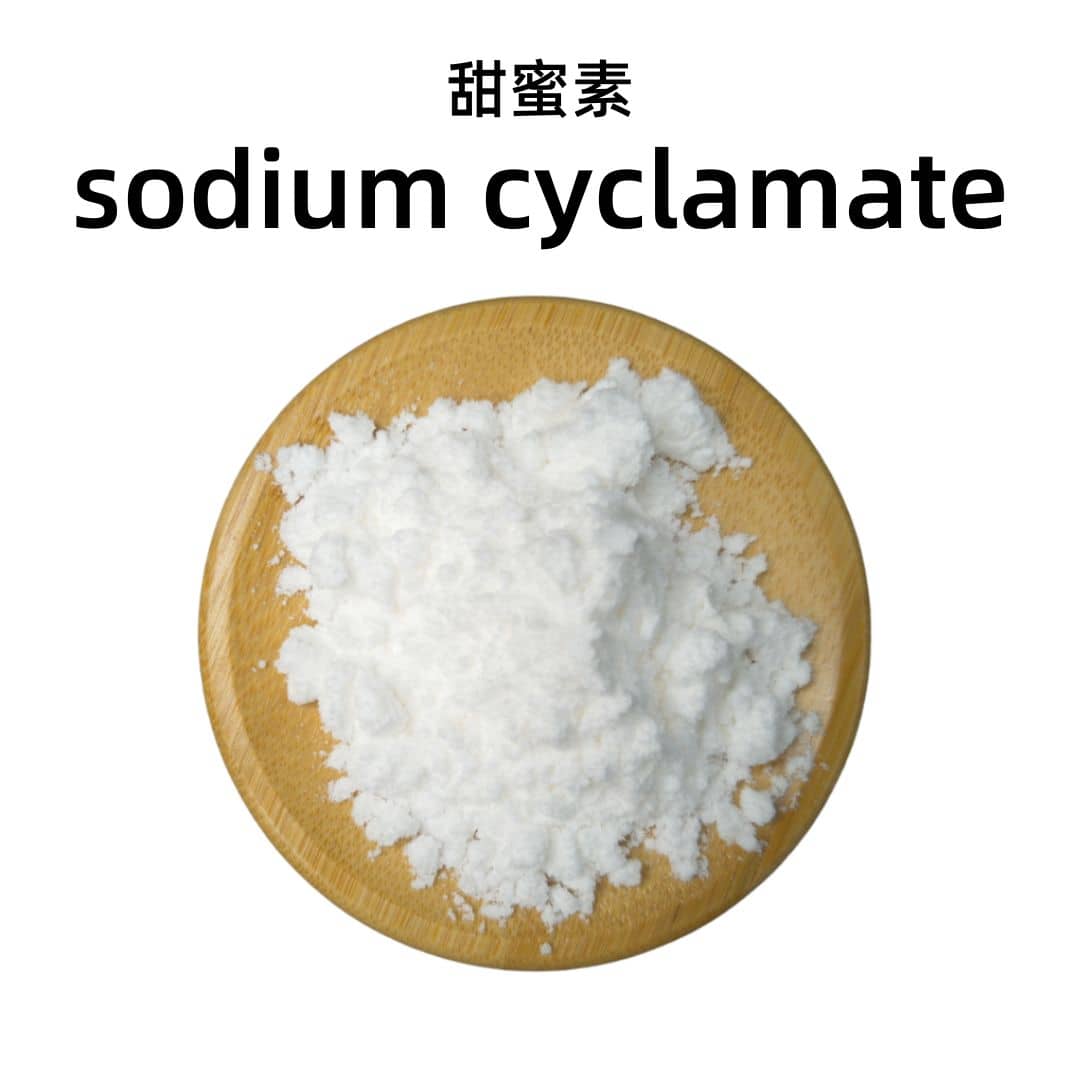Product Introduction
Sodium saccharin is an artificial sweetener that provides sweetness without the calories associated with sugar. It is one of the earliest synthetic sweeteners and is often used as a sugar substitute. Its intense sweetness makes it highly effective in small quantities, and it has been a popular choice in the food industry for many years.
Product Manufacturing Process
The manufacturing of sodium saccharin typically involves the sulfonation of toluene, which is subsequently oxidized to form the key compound. This process results in sodium saccharin being synthesized, with the final product undergoing purification steps to ensure quality. Rigorous testing is conducted throughout the manufacturing stages to meet food safety standards.
Product Applications
Sodium saccharin is widely used in various applications. It is commonly found in diet beverages, tabletop sweeteners, processed foods, and certain pharmaceuticals. Its versatility extends to personal care products, such as toothpaste and mouthwash, where it enhances flavor without adding calories.
Packaging and Storage
Storage Conditions: Store sodium saccharin in a sealed, lightproof container, avoiding high temperatures, while keeping it dry, cool, and well-ventilated.
Packaging Method: Bulk packaging is typically done in 25kg cardboard drums, with sample packaging available in 1kg aluminum foil bags; custom packaging is available upon request.
Shipping Method: The product can be shipped via FedEx, DHL, dedicated logistics, or sea freight consolidation.
Shelf Life: Sodium saccharin has a shelf life of 2 years when stored properly.
Monica Sun possesses extensive technical expertise and market insights in the food additives industry. She excels in designing efficient and safe additive formulations tailored to various food applications, ranging from sweeteners to functional dietary fibers. Monica has successfully assisted food manufacturers in optimizing ingredient combinations to enhance product quality and improve consumer satisfaction.









